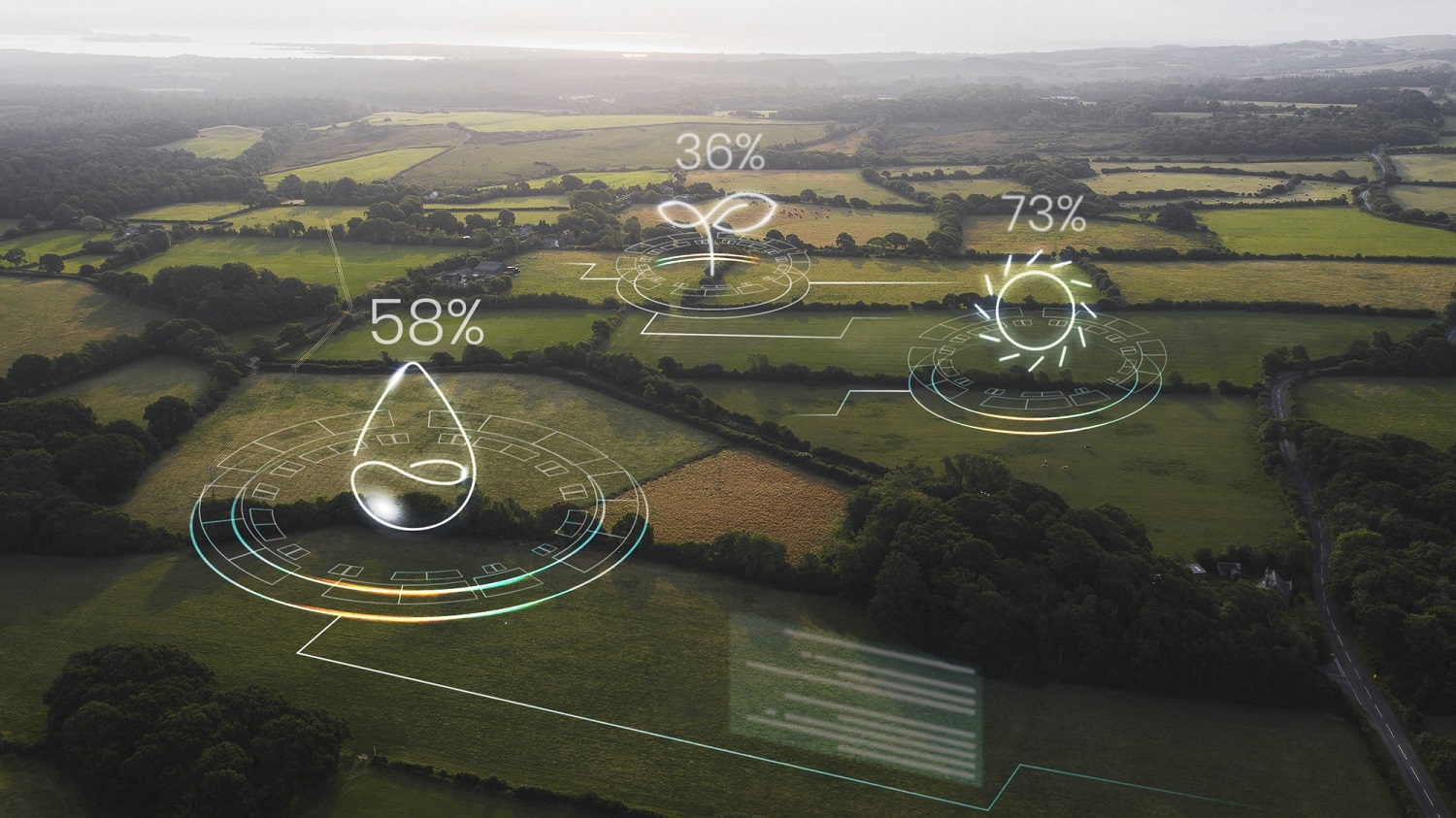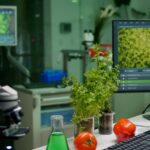Smart Agro Solutions: Transforming Sustainable Agriculture with Innovation
Sustainable agriculture is essential for feeding the world while preserving the environment. Smart agrochemicals, including precision fertilizers, bio-based pesticides, and AI-driven application techniques, are transforming farming practices by making them more efficient and eco-friendly.
What Are Smart Agrochemicals?
Smart agrochemicals are advanced formulations designed to optimize crop health, improve yield, and minimize environmental impact. These include:
- Bio-Pesticides: Neem-based pesticides (e.g., Azadirachtin) control pests naturally while maintaining soil biodiversity.
- Nano-Fertilizers: Zinc nano-fertilizers improve micronutrient absorption in wheat and rice, reducing waste.
- Slow-Release Herbicides: Controlled-release formulations like Indaziflam offer extended weed suppression with minimal leaching.
- AI-Powered Spraying Techniques: Drones equipped with AI sensors ensure targeted pesticide application, reducing wastage and chemical drift.
Benefits of Smart Agrochemicals
- Increased Efficiency: Farmers in Punjab using AI-driven sprayers have reduced pesticide use by 30%.
- Reduced Environmental Impact: Smart pesticides like Bacillus thuringiensis (Bt) control pests without harming pollinators.
- Improved Crop Resilience: Bio-stimulants containing seaweed extracts help crops withstand drought stress.
- Cost-Effective for Farmers: Precision application of fertilizers in sugarcane fields has cut input costs by 20% while maintaining yields.
The Future of Smart Agrochemicals
With continuous innovation, smart agrochemicals will play a key role in global food security while promoting sustainable farming. The adoption of digital agriculture, precision application, and AI-driven monitoring will further enhance their effectiveness.
Smart Agro and Digital Transformation in Farming
Modern agriculture is evolving rapidly with digital integration. Smart Agro systems now connect data from soil sensors, drones, and satellites to deliver real-time insights for farmers. This helps in deciding when and how much pesticide or fertilizer to apply, significantly reducing wastage.
Moreover, AI-powered decision-making tools are assisting farmers in forecasting pest attacks, managing irrigation, and even optimizing harvest timing — resulting in smarter, data-backed farming decisions.
Global Examples of Smart Agro Implementation
- India: Drone technology is being used in states like Punjab and Maharashtra to improve precision spraying and reduce chemical exposure.
- Brazil: Farmers are adopting bio-based agrochemicals to protect their crops while reducing environmental harm.
- Europe: Strict environmental policies are driving innovation in low-residue agrochemical formulations and smart-release fertilizers.
These case studies show how Smart Agro practices are revolutionizing agriculture on a global scale.
Economic and Environmental Benefits
Agro solutions don’t just protect the environment — they also boost farmers’ profits. By using controlled-release fertilizers and AI spraying systems, farmers can cut chemical costs and improve soil fertility in the long run. Reduced dependency on synthetic pesticides also supports sustainable exports as global demand for residue-free crops rises.
Government and Industry Support
Governments and agrochemical companies are increasingly investing in research and innovation for agro technologies. In India, several initiatives under Digital Agriculture Mission and PM-Kisan programs encourage farmers to adopt precision tools and eco-friendly inputs.
Meanwhile, agrochemical firms are focusing on developing next-generation bioproducts, nanotech fertilizers, and smart formulations tailored to local soil and crop needs.Final Thoughts
Agro is more than just a modern farming trend — it’s the foundation for a resilient and sustainable agricultural future. By blending technology, innovation, and environmental responsibility, the world can ensure food security while protecting the earth’s natural balance.







